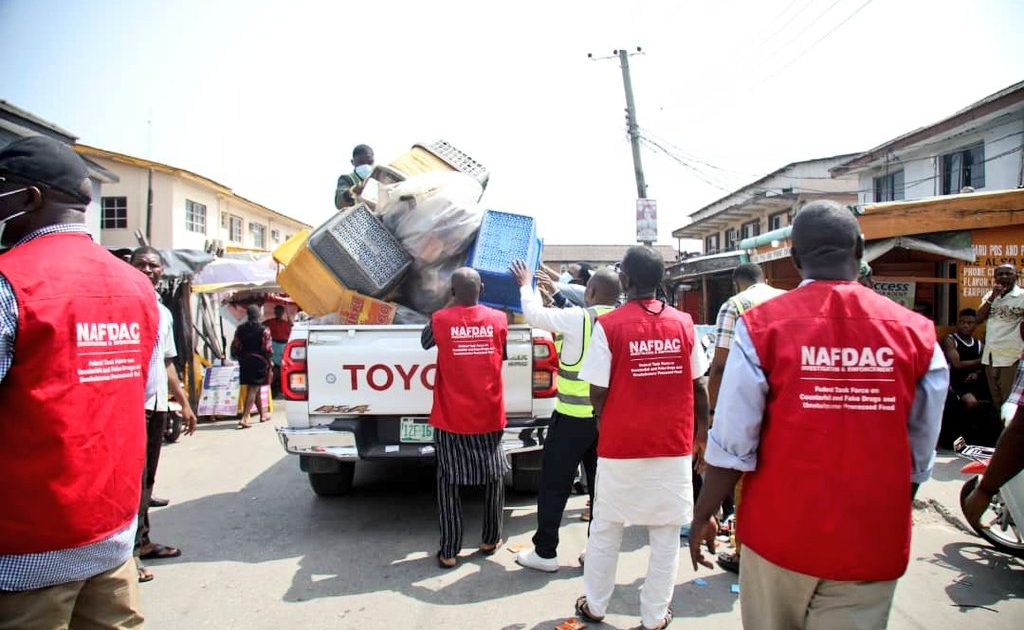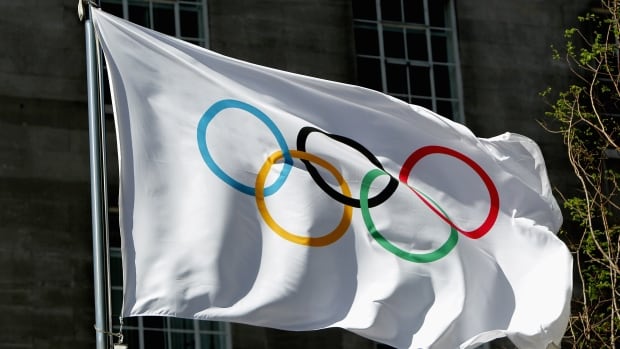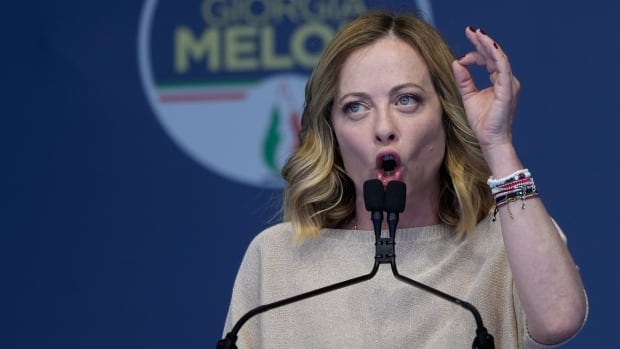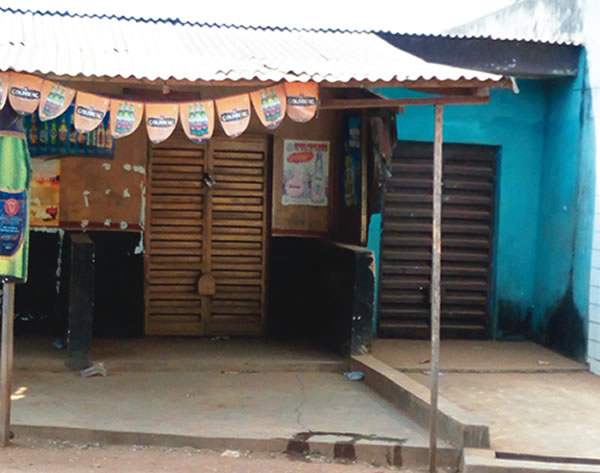The prime minister travels to Italy today to meet with world leaders as wars in Gaza and Ukraine cast a shadow over this year’s G7 summit.
“This is a moment of real uncertainty,” said Roland Paris, a former foreign policy adviser to Prime Minister Justin Trudeau and an international affairs professor at the University of Ottawa. “Uncertainty about the future of Ukraine, uncertainty about the fate of democracy.
“So it’s really important for these leaders to come together and demonstrate that they can do something in response to these challenges.”
The annual international forum brings together seven of the world’s advanced economies — Canada, the U.S., the U.K, Italy, France, Germany and Japan — and the European Union for informal group conversations and one-on-one talks.
The three-day summit that starts Thursday is particularly significant this year, Paris said, because there is “much more competition and disagreement in the world” and many global institutions are no longer working “very effectively.”
Many observers say the G7 could project an image of unity by finding a new way to fund Ukraine’s ongoing fight against Russia.
But G7 leaders could also struggle to come to a consensus on the conflict in Gaza, which could overshadow the official agenda, said Thomas Juneau, an associate professor in the department of political science at the University of Ottawa.
“It will be a bit difficult because there is a number of divergences of views between Europeans and the Americans in particular, but even within Europe,” said Juneau. “It will definitely be a challenge for the G7 not to be derailed in some ways by what’s going to happen in Gaza.”
Italy is hosting this G7 summit in the seaside region of Apulia. Italian Prime Minister Giorgia Meloni has said both conflicts will be key priorities for the summit. Italy also has placed artificial intelligence and development in Africa on the G7 agenda, and has invited several African countries to send observers.
India, Argentina and Brazil are expected to attend outreach meetings at the Apulia summit, along with Ukrainian President Volodymyr Zelenskyy.
Turning frozen Russian assets into weapons for Ukraine
A Canadian government official said Friday work is underway to provide more support to Ukraine using frozen Russian assets.
After a long delay in equipment donations to Ukraine, it’s gotten “grim” on the battlefield, said Dave Perry, president and CEO of the Canadian Global Affairs Institute.
Ukraine is losing some territory in the eastern part of the country as “Russians make a push” that’s been “relatively successful,” he said. Ukraine urgently needs more armoured vehicles, tanks, training, drones and munitions, Perry added.
“They literally need more of everything,” he said.

The U.S. Congress approved a $61 billion military aid package for Ukraine last month, but only after political conflict within the U.S. Republican Party delayed the package for six months.
Now, the U.S. is expected to push G7 leaders to come out with a new financial package using the interest on roughly 200 billion euros in frozen Russian assets held by the financial institution Euroclear in Belgium, said Max Bergmann, a director at the Center for Strategic and International Studies.
Those frozen assets are generating billions of dollars in interest every year, he said. The idea is to use that money to secure a $50 billion bank loan for ongoing support for Ukraine, he added.
“The major purpose of this is that there’s desperation for how to get Ukraine … money and then also ramp up defence industrial production,” said Bergmann.
But the idea comes with complications, said Bergmann — including the fact that ambassadors from EU member states already have agreed in principle to seize windfall profits from frozen Russian assets to buy weapons for Ukraine.
Deputy Prime Minister Chrystia Freeland met with G7 finance ministers in Italy last last month. She said she encouraged her counterparts to “make full use of frozen Russian central bank assets to pay for Ukraine’s recovery and reconstruction.”
“Canada is in a bit of a position of being fortunate to be able to advocate for a good idea without bearing the direct repercussions of anything that might come from changes to the international financing arrangements,” Perry said.
The RCMP said last month it has frozen $140 million in Russian assets in Canada since February 2022, when Russia launched its full-scale invasion of Ukraine. Global Affairs Canada said it also ordered the seizure of a Russian plane and a company believed to be tied to a Russian oligarch.
The recent federal budget said Canada is committed to exploring with allies “possible legal mechanisms to make full use of these assets.”
Artificial intelligence in warfare
The Pope will join this year’s G7 summit for the first time ever, for talks on artificial intelligence. In January, after he became the victim of a deepfake photo, Pope Francis warned against the “perverse” dangers of artificial intelligence and called for its worldwide regulation.

Branka Marijan of Project Ploughshares studies AI in warfare. She said nations are under “pressure” to establish “red lines” for the battlefield use of AI.
The Israel Defense Forces used to generate about 50 targets a year using human analysts, Marijan said. Now it can generate close to 100 targets a day, she said — putting heavy pressure on human operators to make quick decisions that could have a “profound impact.”
“With speed, there comes the potential that you are engaging the wrong targets or that you are targeting civilian areas or specific infrastructure,” she said.
Smaller, cheaper sea drones and artificial intelligence are disrupting how war is waged in Ukraine and beyond. CBC’s Murray Brewster breaks down what the new technology could mean for Canada’s military and the future of naval warfare.
Marijan said Ukraine has been using AI technology to work out where Russian troops are hiding on the ground.
“Ukraine has generally been out-innovating Russia, but then the Russians have been catching up,” she said.
The G7 should come up with concrete regulations for weapons that can select targets and deploy force without human intervention, she said, and should call for an international body to regulate, monitor and enforce rules on battlefield AI.
Canada has an “enormous opportunity to really contribute and shape the dialogue” at the G7 because it’s a co-chair of a working group on military use of artificial intelligence, Marijan said.
Foreign interference
This year’s summit is unfolding during a major year for elections. Voters in the U.K., the U.S. and across the European Union will be headed to the polls, so there will be a strong focus at the summit on free and fair elections and countering misinformation and disinformation, the Canadian government official said Friday.
Prime Minister Justin Trudeau is in Italy for this year’s G7 summit. The wars in Ukraine and Gaza, climate change and many other divisions loom over the meeting, which includes leaders from the European Union and Pope Francis.
Trudeau is also expected to raise the issue of foreign interference as Canada looks to build on the G7 rapid response mechanism it launched in 2018, the official said.
The government has been accused of acting too slowly in response to allegations of foreign meddling. A bombshell report released last week by a committee of parliamentarians claims there’s intelligence indicating that some elected officials have “semi-wittingly or wittingly” helped foreign governments like China and India meddle in Canadian politics.
Some experts say Canada also needs to actively engage in discussions on another key topic: Africa.
Italy’s right-wing government unveiled a multi-billion dollar plan this year to curb migration by boosting economic growth across Africa.

Edward Akuffo, an associate professor at the University of the Fraser Valley’s Department of Political Science, said these G7 talks could put pressure on Canada “to really up its game.”
The Liberal government promised it would come out with a strategy for Africa in 2022; parliamentary committees are now studying the issue. Many experts have accused the Liberal government of failing to take the region seriously.
“We seriously risk being irrelevant on the African continent,” said Akuffo, who writes about Canada’s strategic approach to Africa.
Akuffo said Africa has some of the fastest growing economies in the world, 30 per cent of the planet’s critical minerals and a fast-growing population.
While the G7 summit Canada hosted in Alberta in 2002 produced an Africa Action Plan, Canada has lost its footing on the continent over the last 20 years, he said.
“What really is quite disheartening is that Canada stated something foundationally strong in 2002, and we have lost two decades of deepening on that relationship,” he said. “And now, other powers like Italy are taking advantage of that vacuum to develop their strong relationship.”
He said Canada should introduce its own Africa strategy and devote time to the subject when it hosts next year’s G7 summit.






